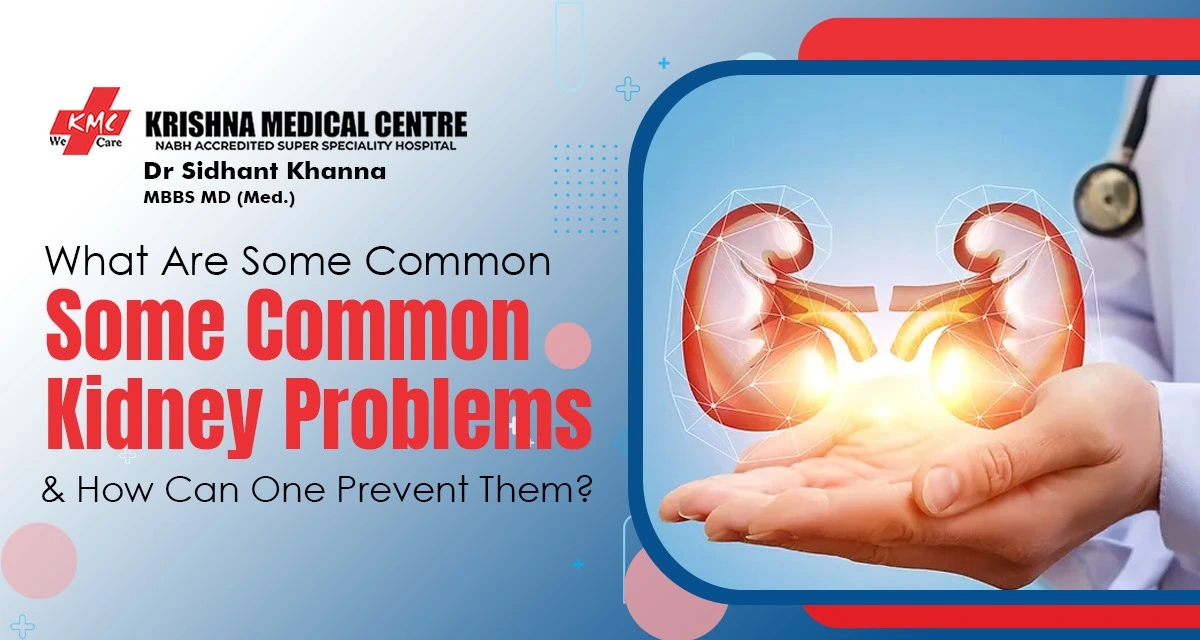The kidneys play a crucial role in maintaining overall health by filtering waste products from the blood, regulating blood pressure and balancing electrolytes, however, the kidneys (like any other organ) are susceptible to various health issues that can impact their function.
Thus on that note, today we’ll explore some common kidney problems, their causes, symptoms and most importantly, how to prevent them.
Chronic Kidney Disease (CKD)
Chronic kidney disease is a long-term disorder marked by a progressive decrease in kidney function over time.
It can be caused by underlying health conditions such as diabetes, high blood pressure and autoimmune diseases as well as lifestyle factors like smoking and poor diet.
Symptoms of kidney problems in CKD may not be noticeable until the later stages but early detection and management are crucial for preventing further kidney damage.
To prevent CKD, it’s essential to manage underlying health conditions, maintain a healthy lifestyle and avoid excessive use of over-the-counter pain medications.
Kidney Stones
Kidney stones are hard mineral deposits that grow in the kidneys and can cause significant discomfort when they travel through the urinary canal.
Common causes of kidney stones include dehydration, family history and high levels of certain substances (calcium, oxalate and uric acid) in the urine.
To prevent kidney stones, it’s essential to stay hydrated by drinking plenty of water, limiting intake of foods high in oxalate (such as spinach, nuts and chocolate) and maintaining a balanced diet low in sodium and animal protein.
Urinary Tract Infections (UTIs)
Urinary tract infections are bacterial infections that affect the urinary system including the kidneys, bladder and urethra.
Symptoms of UTIs may include frequent urination, a burning sensation during urination and cloudy or bloody urine. UTIs can be caused by bacteria entering the urinary tract through the urethra and risk factors include poor hygiene, urinary catheter use and certain medical conditions.
To prevent UTIs, it’s essential to practice good hygiene, drink plenty of water, urinate frequently and avoid holding urine for long periods.
Polycystic Kidney Disease (PKD)
Polycystic kidney disease is a genetic disorder characterized by the growth of fluid-filled cysts in the kidneys which can lead to kidney enlargement and impaired kidney function over time.
Symptoms of kidney problems in PKD may include abdominal pain, high blood pressure and blood in the urine. While PKD cannot be prevented, early detection and management of symptoms can help slow the progression of the disease and preserve kidney function.
To prevent PKD, it’s essential to maintain a healthy lifestyle while managing blood pressure and avoiding smoking.
Acute Kidney Injury (AKI)
Acute kidney injury is a sudden decrease in kidney function, often caused by conditions such as dehydration, severe infection or medication side effects.
Symptoms of AKI may include decreased urine output, swelling in the legs or feet and confusion. To prevent AKI, it’s essential to stay hydrated, avoid excessive use of medications that can harm the kidneys (such as nonsteroidal anti-inflammatory drugs) and seek prompt medical attention for conditions that may increase the risk of kidney injury.
Wrapping It Up
Kidney problems can significantly impact overall health and quality of life but by maintaining a healthy lifestyle, managing underlying health conditions, staying hydrated and seeking prompt medical attention for symptoms, individuals can lower their chances of developing these common kidney problems and preserve their kidney function for years to come.
Remember that prevention is key when it comes to kidney health, so take proactive steps to care for your kidneys and prioritize your overall well-being.

